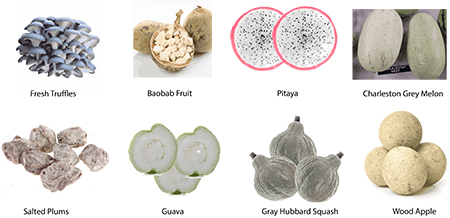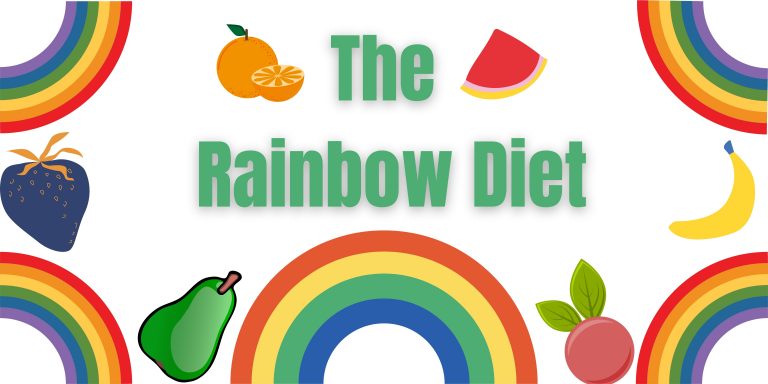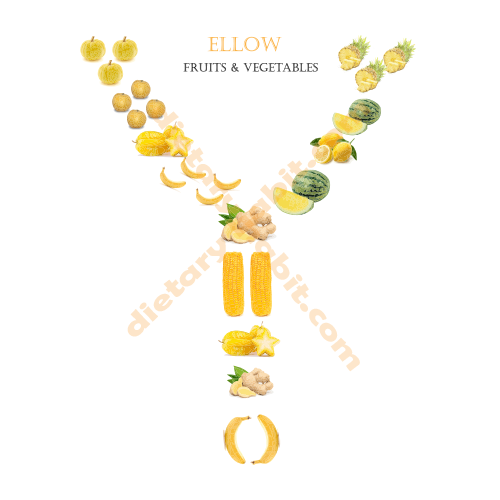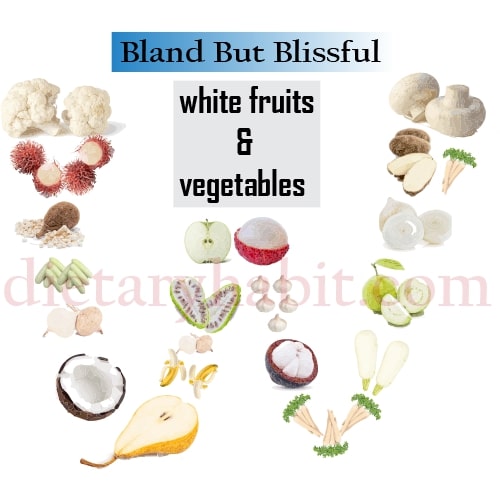13 Best Orange Fruits and Vegetables
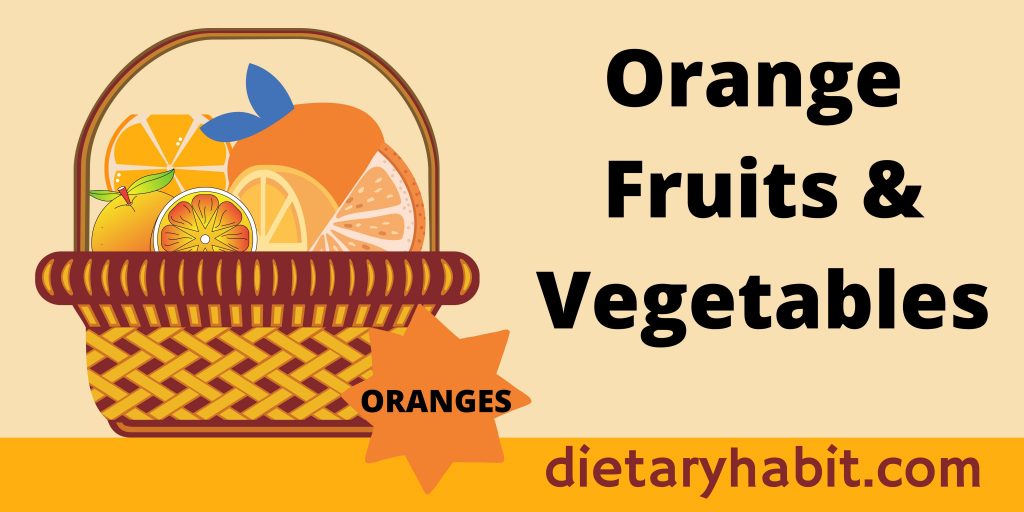
When you see the orange color, what comes to your mind? A shade of love and symbolism for strength and endurance? You can harness these potentials by adding several servings of orange fruits and vegetables in a week.
Orange fruits and vegetables contain some precious phytonutrients that give them off such royal color. They possess a wide range of anti-oxidants as well as other beneficial chemicals. Orange fruits and veggies are famous for containing an array of carotenoids, including alpha, beta carotenes, and cryptoxanthins. They also comprise flavonoids, vitamin C, folate, etc. The presence of diverse phytochemicals helps boost the overall immunity.
To try variations in your diet plan, switching between red, pink, blue, yellow, green, and white fruits and vegetables will be a smart plan. It’ll keep you motivated towards building a healthy dietary habit.
Benefits of orange fruits and vegetables
Orange fruits and vegetables can ramp up your disease prevention capability without side effects. They gobble up every harmful free radical and protect your cells from damages. They have the anti-oxidant capacity, same as the red fruits and vegetables. And interestingly, carotenoids are one of the most prevalent nutrients in our body, and it’s distributed throughout the fatty tissues. Scientists found carotenoids localized in different areas of the body.
Almost 14 types of carotenoids have been detected in the ovaries. That’s why we can associate beta carotenes with reproductive health. Whenever there’s oxidative stress, the carotenoids fight them off. As we know, oxidative stress can cause infertility both in men and women. Carotenoids also help the sperm to gain motility. So carotenoids, mostly from orange fruits and vegetables, can ensure protection for your reproductive health.
Some promising researches done in recent years on animal specimens suggest that beta-carotenes also stimulate endocrine functions. The endocrine hormones ultimately favor ovarian functions. A longitudinal study is also done to assess the extent of carotenoid properties. And it suggests that beta-carotene and beta-cryptoxanthin can reduce the risks of type-2 diabetes mellitus.
Orange fruits and veggies can burn your fats in adipose tissues, mainly in the epigastrium. As carotenoids are provitamins, they improve eyesight. Carotenoids even filter the ultraviolet rays from entering your eyes. From battling chronic diseases like cancer to enhancing vision, orange fruits and vegetables can benefit you enormously as your daily comrade.
Let’s summarize the benefits of orange fruits and vegetables in bullet points. Orange fruits and veggies-
- Stimulate the endocrine functions
- Promote ovarian functions by neutralizing oxidative stress in ovaries
- Increase progesterone synthesis in follicles
- Prevent infertility both in men and women
- Reduce the risks of insulin resistance
- Prevent formation of atheromatous plaques in arteries and prevent cardiovascular diseases
- Burn up belly fats in the midsection
- Promotes vision and anti-oxidant activities
What are the orange fruits and vegetables
1. Pumpkins
This fall, pumpkins should be inevitable in your meal plan for their long list of beneficial properties. They turn into an orange hue when they fully mature, cramming plenty of potassium. When it comes to the heart, everyone seems to keep it healthy, maybe, for making love with their loved ones (excuse the pun). Potassium keeps vascular health tightly maintained by dilating the vessels and lowering blood pressure.
2. Carrots
Carrots are among the most beneficial orange fruits and vegetables, low in calories but high in essential nutrients. Nutritionists advise eating carrots every day if you’re interested in maintaining a good skin tone. The densely packed dietary fibers are fruitful in controlling diabetes mellitus.
3. Apricots
Apricots are good picks for your evening snacks or dinner salads. Besides being garnished in cereals or desserts, apricots have a long list of disease-fighting properties to fend off obesity, hypertension, diabetes, cardiovascular diseases, etc. Some are confident to declare apricot as a veritable superfood for a high concentration of nutrients.
4. Cantaloupe
Cantaloupe is just another type of melon sweet in taste and orange in color. Some might confuse it with the honeydew melons that are firm-fleshed and sweeter. If you have never heard of cantaloupe, you may recognize it by the name of muskmelon, Persian melon, etc. They are jam-packed in beta carotene that can fill up your daily vitamin A requirement and pump up the quality of your summer snacks.
5. Sweet potatoes
Searching for a healthy alternative to normal potatoes to enjoy fries? Yes, sweet potatoes can do the trick as they’re not high enough in calories though people misinterpreted their capabilities. They contain a high amount of potassium and confer protection to vascular health. Diabetic patients can eat sweet potatoes in a limited quantity as they also have dietary fiber if diabetes is in control.
6. Mangoes
Some people can do anything to get the ultimate flavorful mangoes fresh in the summer. Mangoes go orange when they ripe and spread an amazing smell. It’s legit to excite about the mangoes in the tropical market as they’re jam-packed with a long list of health benefits. This orange fruit has enormous power to hydrate your body with its juicy inner flesh.
7. Oranges
Oranges have gone so far from being a fruit to being a beauty commodity. We all know the nutritional benefits of orange, learned from childhood. But how exactly does it help you? Our body cells produce free radicals during the metabolic processes, which can cause great harm if not eliminated properly. Oranges have the enormous capacity to reduce the oxidative assault on the cells. And thus, they boost immunity and even slow the aging process.
8. Winter squash
Numerous winter squashes in the market mature in the fall and is available through the winter. They are densely packed with vitamins, minerals, fibers, etc. If you’re a person with various gut problems, squashes can come in handy as they provide the perfect microbiome in the gut.
9. Papayas
Papayas have worldwide prevalence, from east to west and even in Europe. The exotic orange appearance of papayas blends with its healthy sweet fleshes and produces an amazing orange fruit. Among numerous nutraceutical benefits, a research study suggests that papaya extract can reduce oxidative assault in the brain cells by a great margin.
10. Turmeric
Turmeric has been a common spice in Indian cuisine for many years. Traditionally, turmeric is known to have medicinal properties, though science is now backing it up with evidence. Turmeric contains curcumin which constitutes its nutraceutical properties in inflammatory cases and heart health. Curcumin in spices can’t meet your body’s requirement as the absorption rate is slow. Try to add black pepper to increase its absorption rate.
11. Orange bell pepper
Without pepper, the meal can be pure bland in taste for some people. If you’re a health-conscious person, you should add bell peppers to your diet as they are low in calories. Again, you may wonder what they can do with their other nutritious benefits. Is that the intense peppery flavor you only get to know? Then learn about the long list of health benefits of bell peppers as they contain vitamin A, C, fibers, etc. They are also good for weight loss as they contain capsaicin that burns the extra fat.
12. Yams
Do you confuse yams with sweet potatoes? It happens all the time though yams are starchy and taste a little bland compared to the potatoes. These tuber vegetables are versatile in properties, including essential nutrients to dietary fibers. If you want to increase concentration on study or enhance your brainstorming capability, nutritionists strongly suggest taking yams every day. Your neuronal synapses will be more persuasive and will improve your cognitive behavior.
13. Nectarine
Nectarine adorns the orange look when it becomes ripe in the season. It’s jam-packed with a long list of medicinal properties. A pregnant woman can profit from nectarine if she regularly consumes potassium-enriched nectarine. It ensures a safe and sound delivery with a minimum chance of bleeding.

